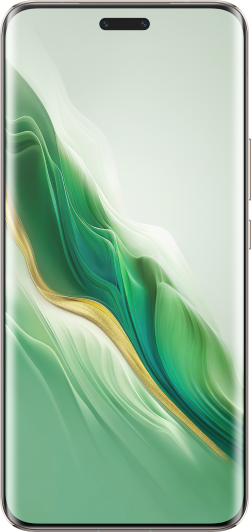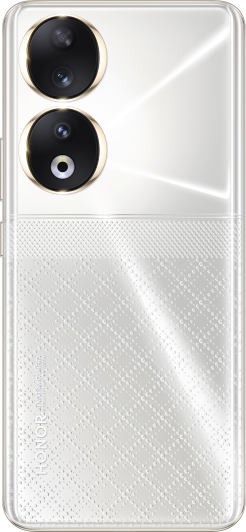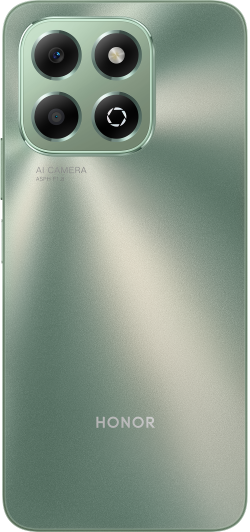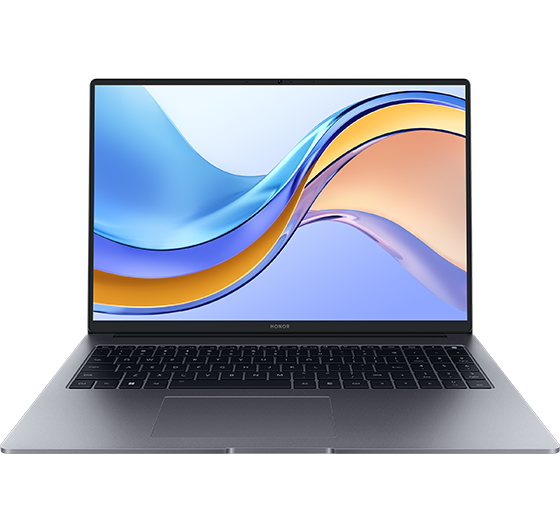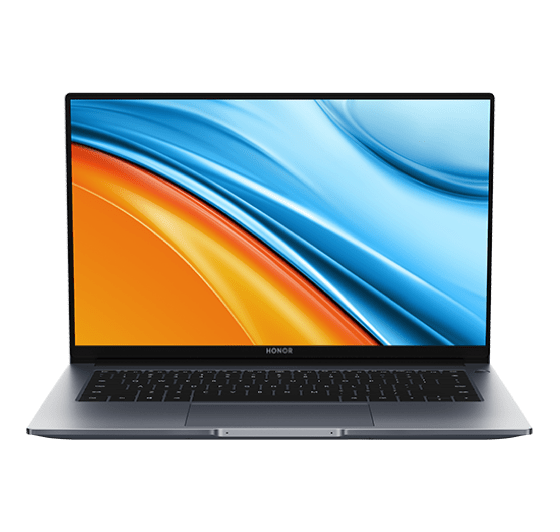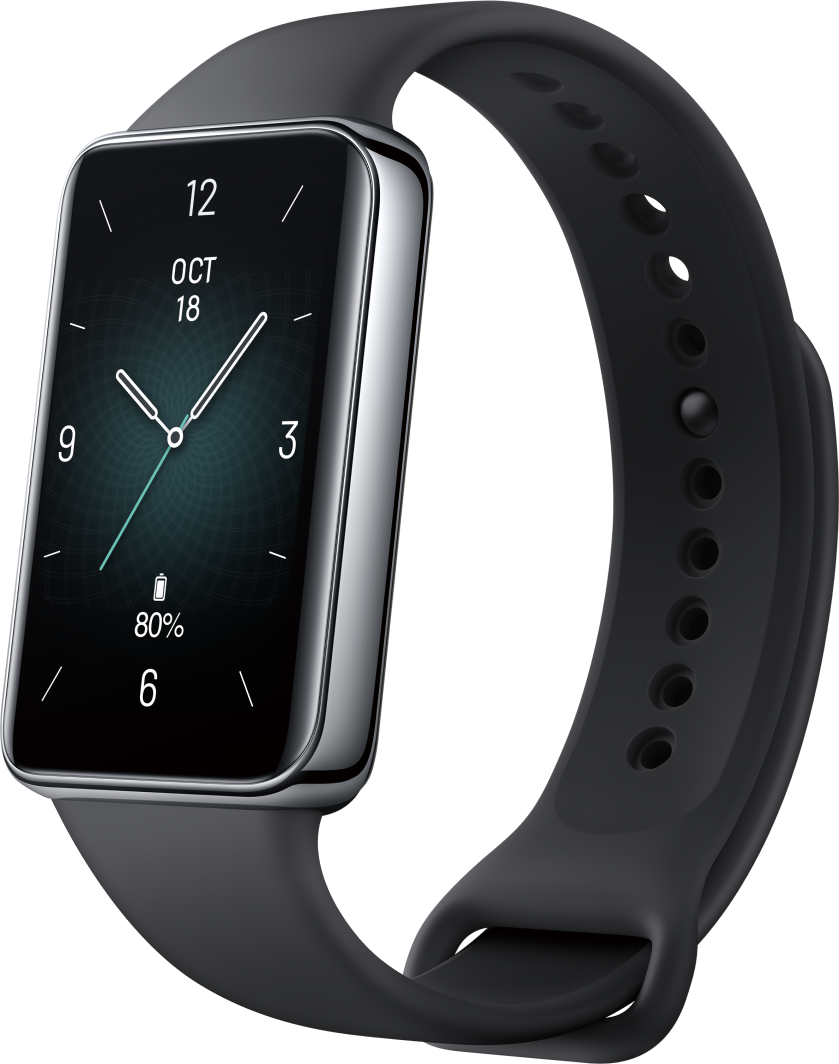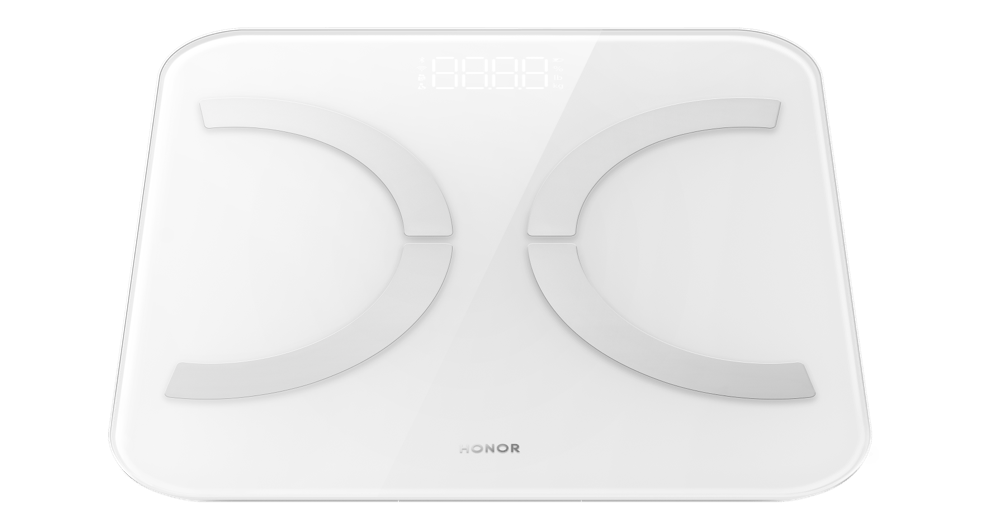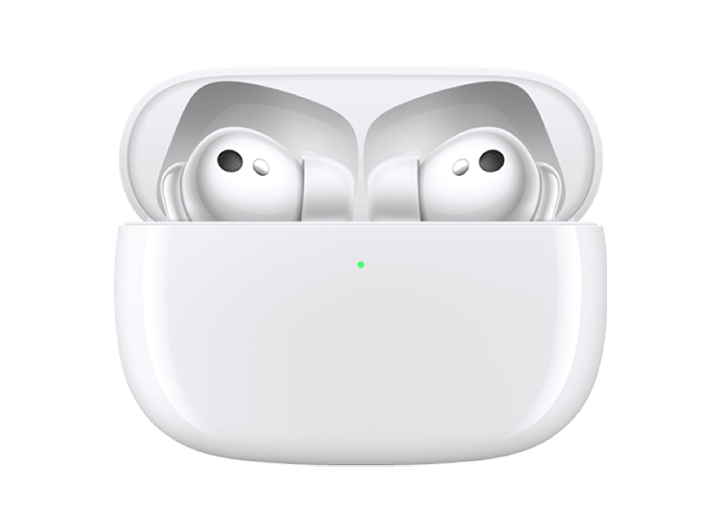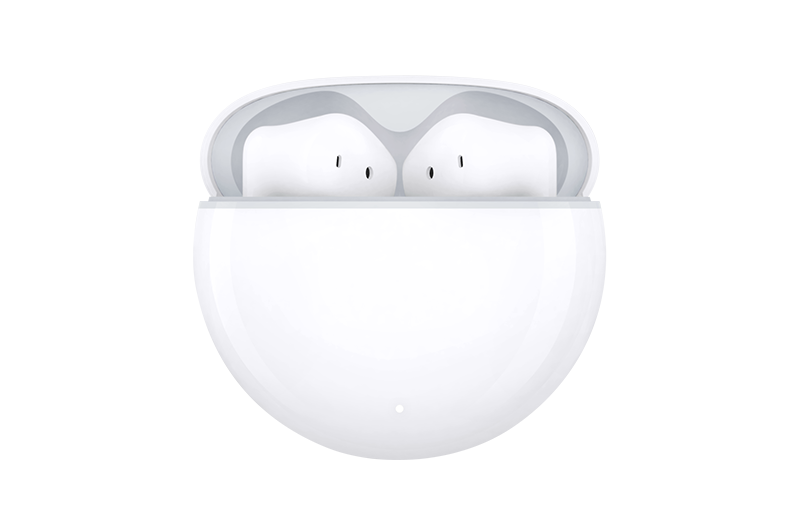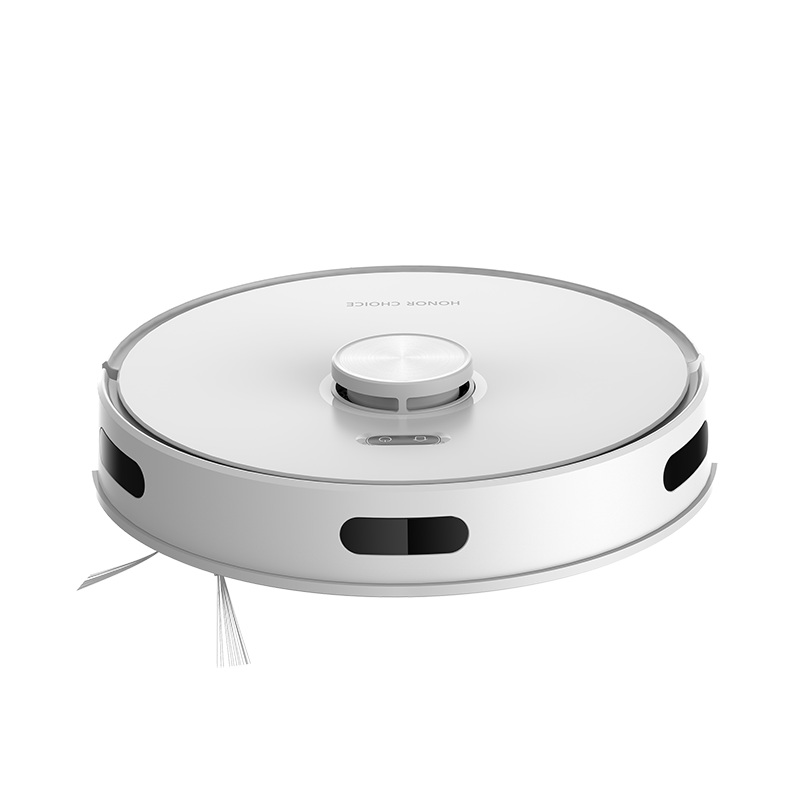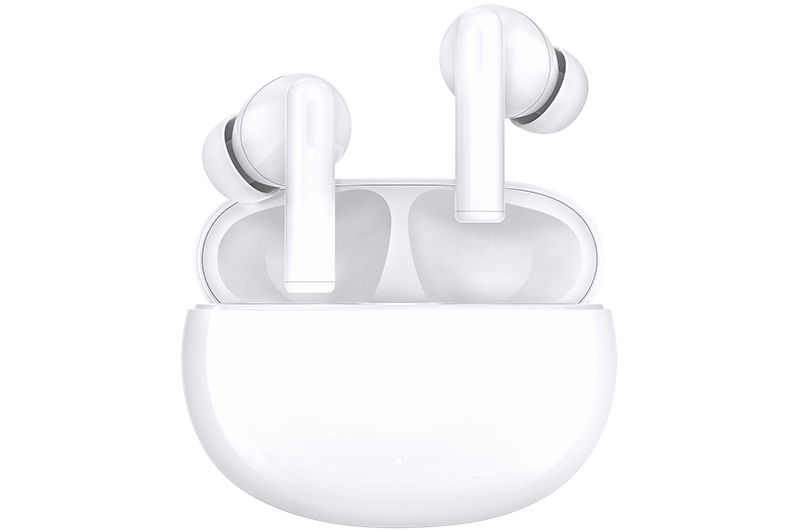TOP

我的荣耀 开启荣耀之旅
To log in to your account, you must first agree to the HONOR PLATFORM TERMS OF USE and HONOR Platform Privacy Statement. If you do not agree, you may only browse the site as a guest.

8 Methods on How to Make Laptop Cooler
It can be frustrating when your laptop is running slow or hot to the touch. There are many reasons why a laptop might overheat, such as dust buildup, lack of ventilation, or an inefficient power plan. Luckily, there are several methods you can use to make your laptop cooler and run more efficiently. In this blog post, we will share eight ways to cool down your laptop. Read on for tips that could help you get back to work in no time!

8 Methods to Cool Down Your Laptop
Laptops have many components that sit close to each other, which means they are prone to overheating, especially when they are used for gaming or other resource-intensive tasks. By following these simple methods on how to keep laptop cool, you’ll not only lower the heat inside your device, but also extend its life and increase performance.
1. Avoid direct exposure to sunlight
Whether you’re using your laptop or not, always avoid exposure to direct sunlight. The laptop is fitted with some plastic parts internally that can get damaged when exposed to too much heat. In addition to this, direct sunlight will cause the temperature of your laptop to increase from the inside. This will endanger the lifespan of your device. Storing your laptop in hot places such as a hot car also have the same negative effects on your device.
2. Avoid too many programs at the same time
Multitasking is not for all laptops and users. You should always keep the number of programs running on your laptop to the minimum. If you are working on a program and you have finished that task, close it instead of having it minimized. Similarly, keep the number of tabs open on your browser down to the minimum. By doing so, you will make the number of resources for present task more available. You will also remove the risk of overheating.
3. Check the laptop BIOS and power settings
In your laptop BIOS and power settings, you should ensure that there are no settings that are done in a way that the optimal performance of the cooling fan is interfered with. Improper control settings can make your laptop run in a higher temperature than it properly should.
4. Ensure the air pathways and laptop fan are working and clean
When using your laptop and you notice that the device is absolutely silent, shut it down and get a technician to have a look at it. This mostly means that your device's cooling fan is not working. It may also be because some other malfunction is preventing your cooling fan from starting or spinning up. On the other hand, if you hear rattling noises coming from the cooling fan, then you need to replace it.
It is also important to ensure that the cooling fan and the air pathways are clean and in their working conditions. Because of the fact that your laptop has delicate components inside, you should always have a qualified technician to rectify performance issues, especially when it comes to hardware.
5. Ensure the hardware and software are up to desired capabilities
Learning how to cool your laptop also calls for a little and basic tech knowledge. Sometimes users update their software and forget to update the hardware too. This results in instances where you have an old hardware installed with the latest operating system and programs. The old hardware will make it difficult even to perform basic tasks. This will make your device temperature to go up, overheating the laptop. The Central Processing Unit will be working extra hard to keep up and will also be draining your battery quite fast. Instead of waiting till you burn the house from an overheated laptop, replace your hardware anytime you need to replace your software. This will keep the overheating away.
6. Install a software that monitors laptop temperature
Sometimes your laptop can heat up and you fail to notice. This may be because the laptop is not physically on a surface that can make you detect heat. This is why you should install a software that can monitor laptop temperature as you use it. When you install temperature-monitoring software, you can perfectly keep abreast with the temperature of your device components without even having to physically touch the device.
7. Keep your laptop on a flat, hard surface
Learning how to keep laptop cool involves even very basic steps. For example, by keeping your laptop on a flat and hard surface, makes it possible for free flow of air through the cooling systems and even the underside of the laptop. The cooling system is designed in a way that air is drawn in to cool a heatsink and then it exits through a vent. A flat hard surface makes this process efficient.
8. Use a laptop cooler
Due to the fact that laptops are compact in design, the amount of cooling efficiency they can have is always limited in comparison. If you can add more cooling to your device, this will even be better. Luckily, you can easily choose a laptop cooling pad from the many that we have in the market today. But what is a laptop cooler? This is simply a fan that is built on top of a small stand. To use it, you only need to place the pad on a surface that you want to use your laptop on. You then place your laptop on the pad and switch it on. The fan cools off your laptop’s underside.

So, there you have it, eight ways on how to make laptop cooler. If your laptop is constantly overheating and shutting down, one of these methods should help cool it down. But if you have tried most of ways but your laptops still can’t function properly, then you need to update to latest laptops like HONOR laptops, which are engineered with a dual-fan cooling system that uses two high-performance fans to draw in cool air and circulate it throughout the laptop. This helps to keep the internal components cool, which prevents overheating and extends the life of the laptop.
FAQs about How to Make Laptop Cooler
1. Does shutting the laptop down when not in use help in cooling it?
Yes. When you’re not using your laptop, you should shut it down. This is especially so when you’re not at home. Shutting down your laptop will not only help it to cool down but also prevent the risk of fire when you’re away. Overheating laptops are fire hazards.
2. What happens when laptop overheats?
Your laptop has many components inside. When one overheats, it’s likely the close one also overheats. This makes your laptop’s internal temperature to rise. When your laptop overheats, it functions slowly and its lifespan goes down.
Source: HONOR Club
SUBSCRIPTION
I agree to receive the latest offers and information on HONOR products through email or IM (e.g. WhatsApp) provided below and advertisement on third-party platforms. I understand that I can unsubscribe anytime according to Chapter 5 of HONOR Platform Privacy Statement.
CONTACT
Honor Technology (Malaysia) Sdn Bhd
(Registration No.: 202101003804)
1800-88-5645
9:00 AM - 6:00 PM
Copyright © Honor Device Co., Ltd. 2020-2025. All rights reserved.
We use cookies and similar technologies to make our website work efficiently, as well as to analyze our website traffic and for advertising purposes.
By clicking on "Accept all cookies" you allow the storage of cookies on your device. For more information, take a look at our Cookie Policy.
Functional cookies are used to improve functionality and personalization, such as when playing videos or during live chats.
Analytical cookies provide information on how this site is used. This improves the user experience. The data collected is aggregated and made anonymous.
Advertising cookies provide information about user interactions with HONOR content. This helps us better understand the effectiveness of the content of our emails and our website.










